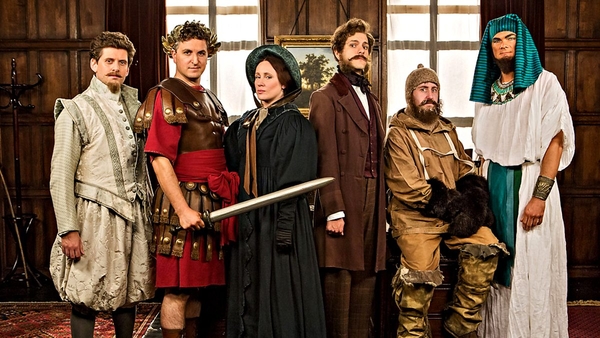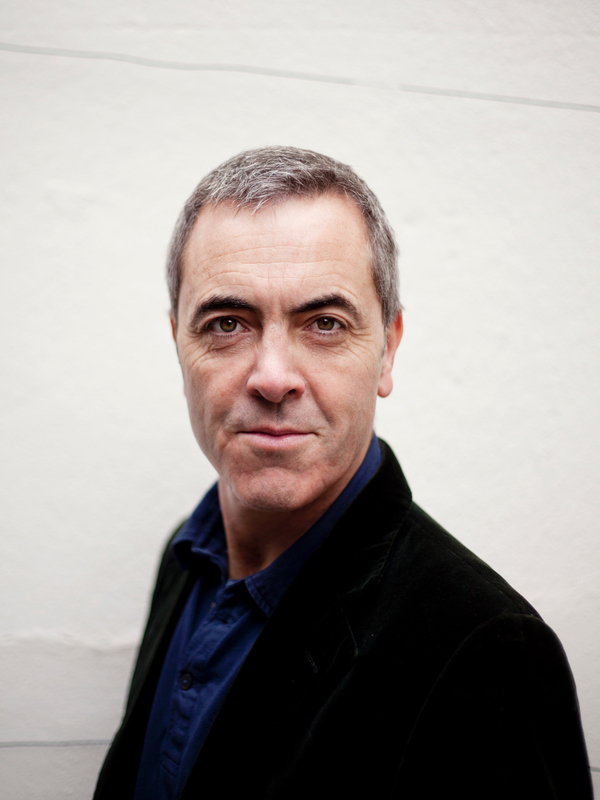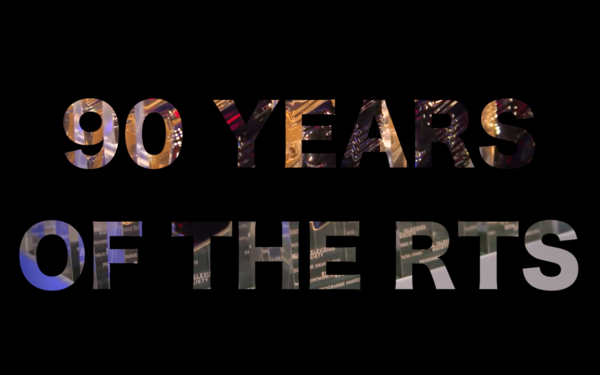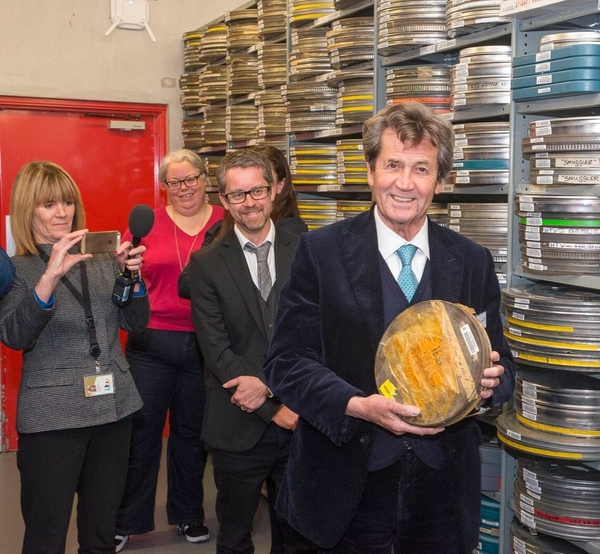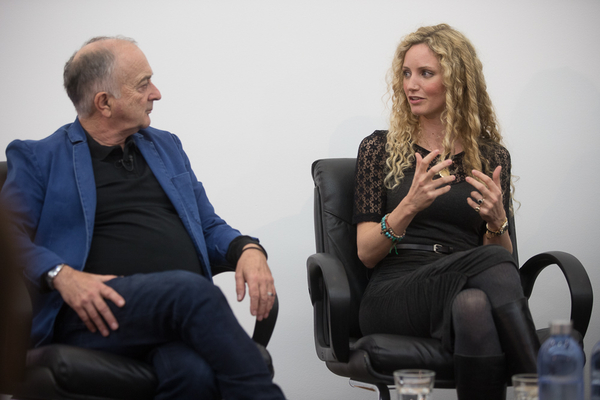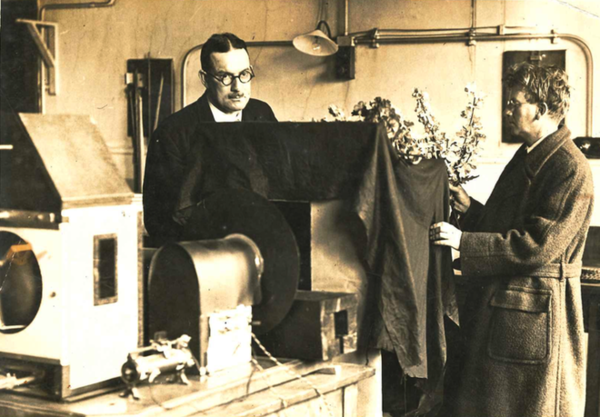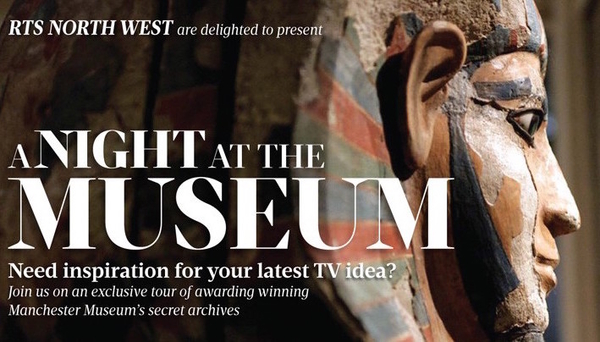RTS Craft Skills Camera Masterclass with Sophie Darlington and Christopher Titus King
Wildlife cinematographer Sophie Darlington (the BBC’s Planet Earth II and documentary feature African Cats) and director of photography Christopher Titus King, who straddles the documentary (BBC One’s Seven Ages of Britain) and drama (the History mini-series, The Bible) genres, discussed camerawork at the RTS Craft Skills Masterclasses.



